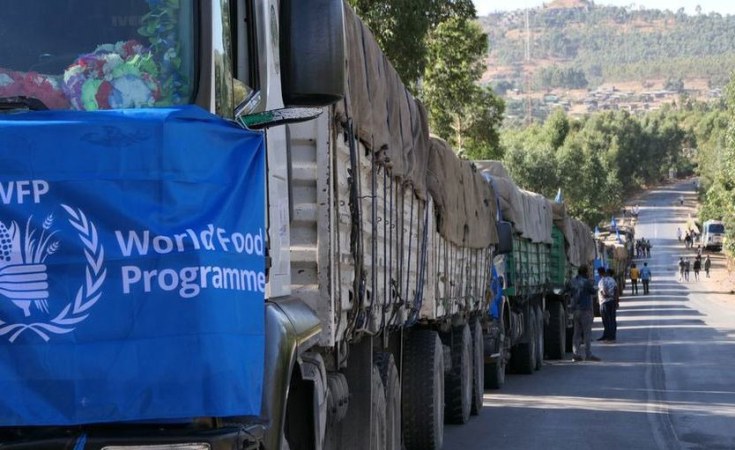Addis Abeba — The Tigray Education Bureau has issued a stark warning, indicating more than a quarter of a million students are at risk of discontinuing their education due to the imminent threat of starvation resulting from the ongoing drought crisis.
Expressing profound concern over the lack of assistance, the bureau has urgently appealed to both international and local partners for immediate intervention.
In a statement forwarded to Addis Standard, the bureau underscores the critical need for support in the face of this alarming crisis.
The Bureau issued this statement in conjunction with the ongoing African Day of School Feeding, an annual event led by the African Union.
This gathering serves as a significant platform for African nations to reaffirm and enhance their dedication to implementing homegrown school feeding programs. These programs aim to promote human capital development and contribute to the attainment of the Sustainable Development Goals (SDGs).
The 9th Africa Day of School Feeding spanned from 29 February to 01 March, 2024, and was marked by various events and activities.
Emphasizing the crucial connection between school feeding and student survival, the bureau underscores the pressing need for support amidst challenges such as the aftermath of war, drought, erratic rainfall, and locust infestation.
The appeal extends to partners, urging collaboration to assist vulnerable students who bear the brunt of these adversities.
Based on an assessment conducted from November to December, 2023, 36 districts and 213 villages have been severely impacted by drought, affecting 625 schools and 222,940 students.
Additionally, the Bureau revealed that out of an anticipated enrollment of over 2.4 million students, 60% have not been able to persist with their education due to factors such as starvation, internal displacement within the region, and migration across borders.
In light of this concerning situation, district administrations such as Yechilla Abergele in the Tigray region, along with non-governmental organizations (NGOs) and volunteers, launched school feeding programs in five elementary schools.
As a result, 650 students were effectively reintegrated into the education system.
However, Giziyawi Teklay, the head of the Education Office in Yechilla Abergele district, recently expressed concerns to Addis Standard about the sustainability of the feeding program.
He emphasized that "its discontinuation could lead to a significant number of students dropping out of school."
The bureau expresses gratitude and acknowledges the support of organizations such as Mary's Meals International, the World Food Program, Plan International, and others for supporting the school feeding initiative so far.


